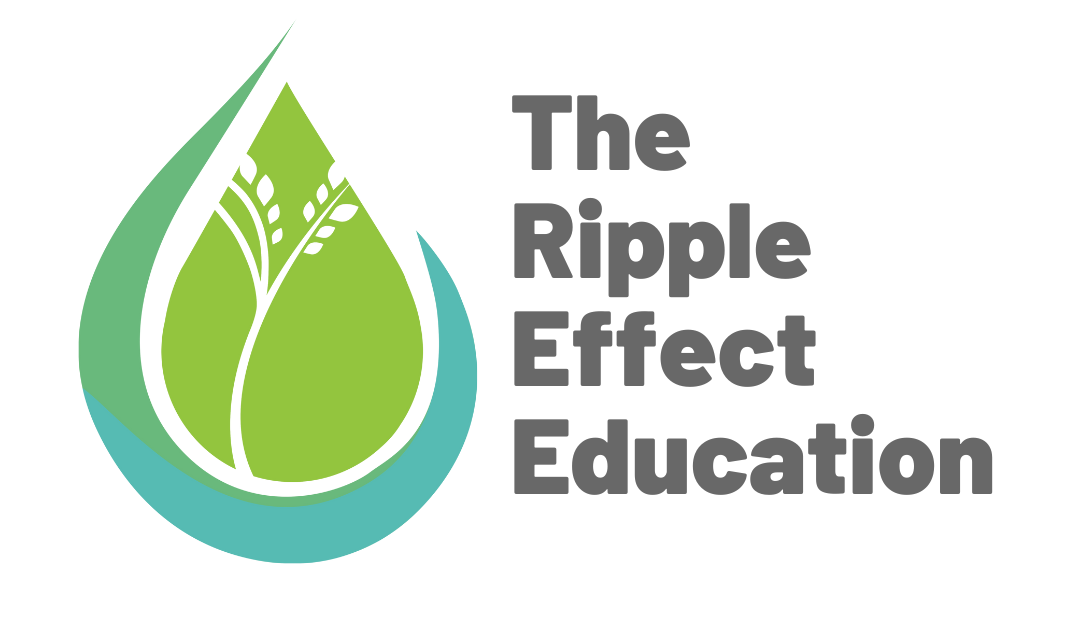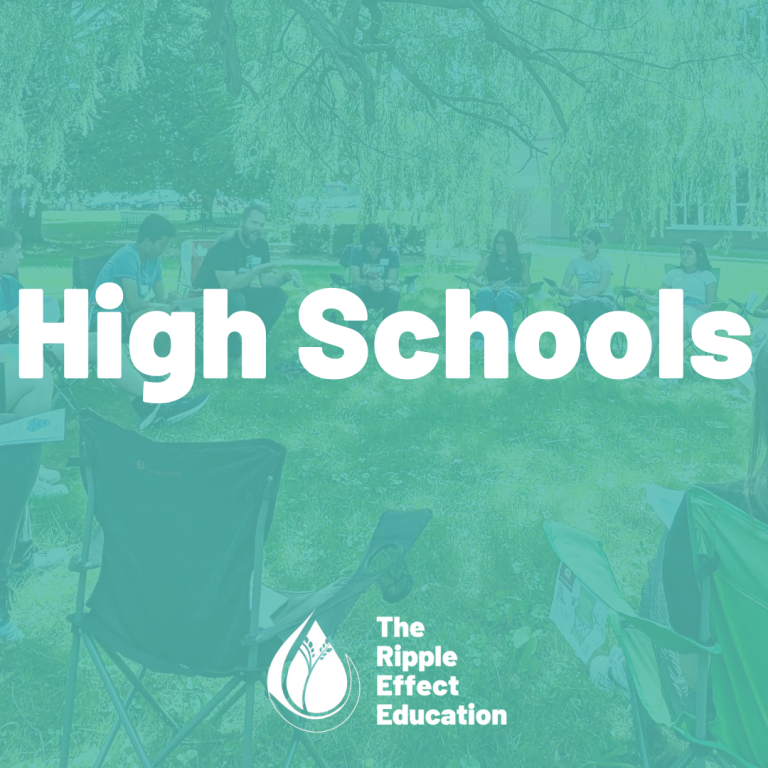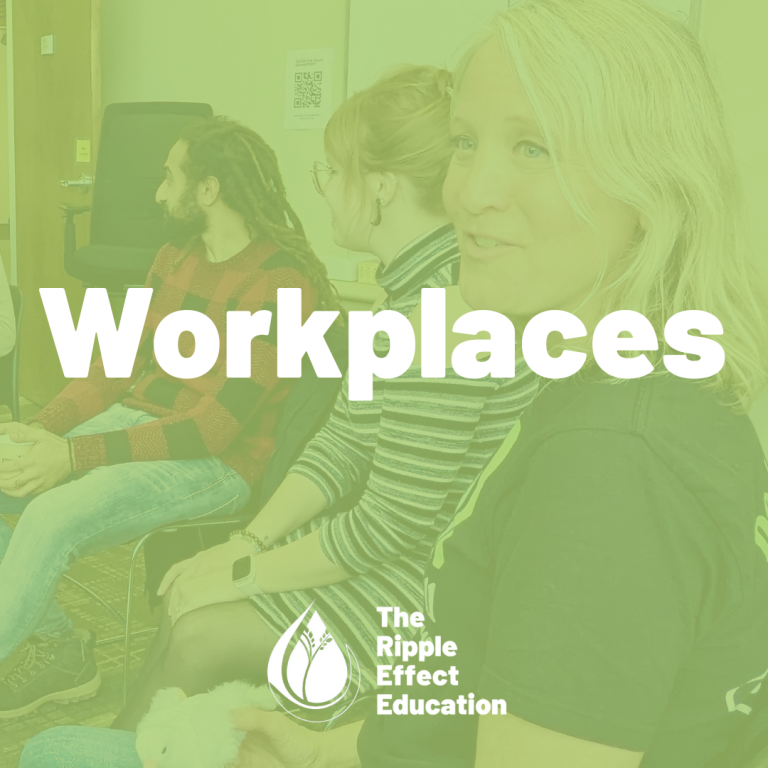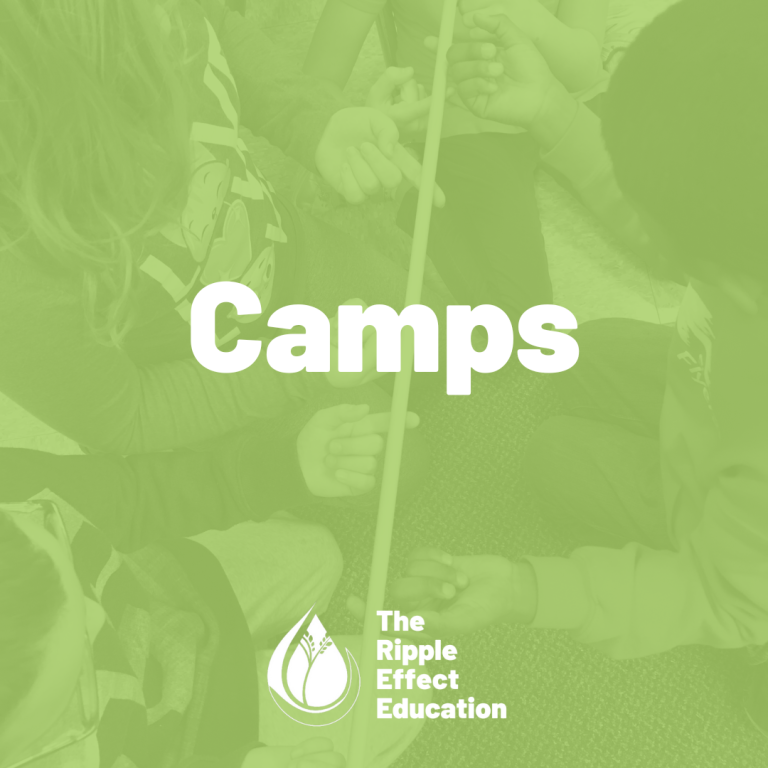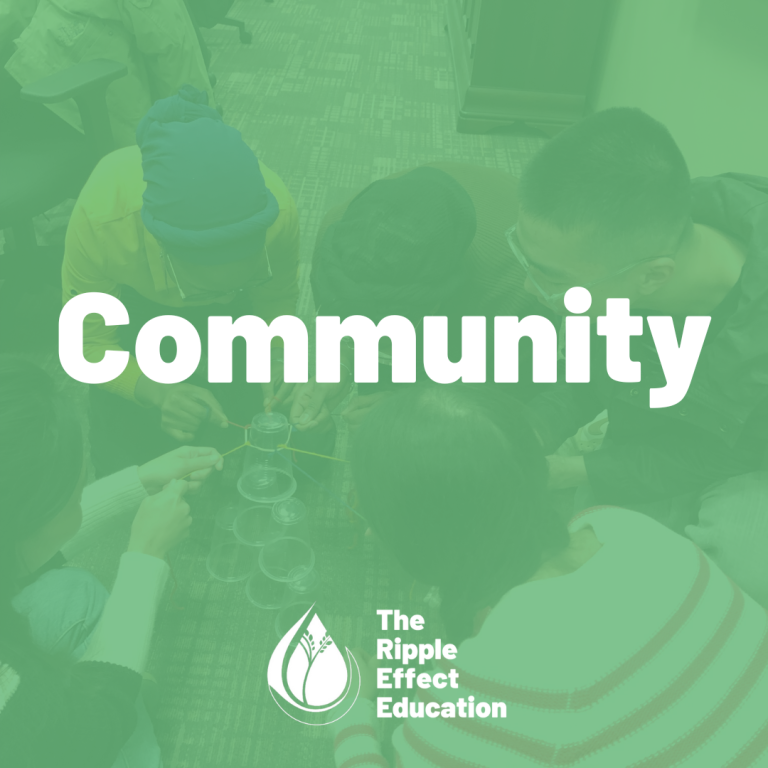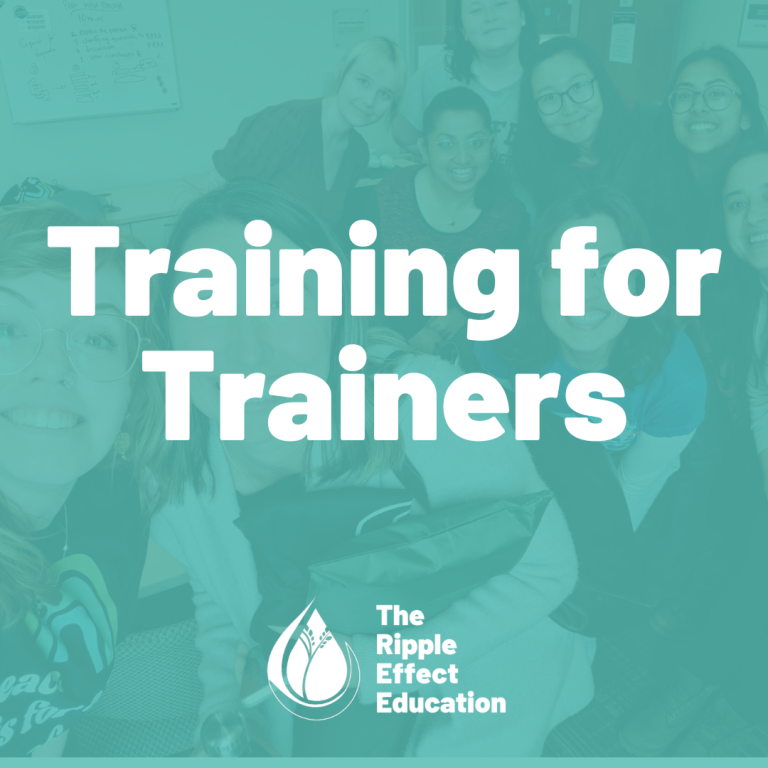Whether it be at a family gathering, in a classroom, or out in public, we are all likely to experience that moment when someone around us says something that is problematic and reinforces oppression. As a transgender person, I am constantly faced with the dilemma of how to respond when I am misgendered, or asked invasive and inappropriate questions. As our Grade 4 TREE classes learn, standing up for yourself or others takes a lot of courage, but when we use our words effectively, we can play a part in balancing power and working for justice.
Learning when and how to use our words in the most appropriate way can be a difficult skill to master. In my first year of university, I read an article by Kai Cheng Thom (2015), a Toronto and Montreal based writer, performer, and social worker, on How We Can Make Social Justice Movements Less Elitist and More Accessible. I found this article to be very helpful in considering how I want to approach my social justice activism. It also introduced me to two important tactics to consider when responding to harmful behaviour: “calling out” and “calling in”.
According to Thom (2015), calling out is when we publicly name the harm, often responding with strong emotions like anger, drawing the attention of others to the problem. Calling in is when we privately respond to the person and gently explain why their behaviour needs to change. Both of these strategies can be effective in holding people accountable, but it is important to consider what is happening in the situation and what result you would like to achieve.
Calling out can be really helpful when the person who exhibits the oppressive behaviour has more power over you, and you may not feel safe approaching them in private (Ahmad, 2017). It allows you to express your valid emotions, and sends a message that such behaviour will not be tolerated in that space.
Calling in can be helpful when you think that a person is unaware of how harmful their behaviour is and may be willing to learn. It can help that person grow from their mistake and not feel the need to be defensive (Thom, 2015).
Holding people accountable for oppressive behaviour is a big part of working for social justice. However, it is important to prioritize the people who are being harmed by the behaviour. Make sure to care for yourself or the victim of the behaviour first before you call someone out or in, and choose the strategy that will best serve the situation. When used effectively, calling out and calling in can be important tools for navigating those difficult conversations.
If you are interested in learning more about approaching social justice activism in an accessible way, I would highly recommend reading Kai Cheng Thom’s article, which can be found here.
Read our related blog posts:
- A Powerful Tool to Stay Grounded in Conflict
- How to Have a Courageous Conversation
- 4 Ways to Respond to Conflict as a Bystander
References
Image from Pexels
Ahmad, A. (2017, August 29). When calling out makes sense. Briarpatch. https://briarpatchmagazine.com/articles/view/when-calling-out-makes-sense
Thom, K. C. (2015, September 15). 9 ways we can make social justice movements less elitist and more accessible. Everyday feminism. https://everydayfeminism.com/2015/09/social-justice-less-elitist/
 Quinn Andres is currently in their third year of Theatre and Performance at the University of Waterloo with a minor in Gender and Social Justice. Passionate about creating safe and care-based spaces for queer youth to thrive and explore their identities among their peers, Quinn has facilitated queer groups at Rockway Mennonite Collegiate and Conrad Grebel University College. In 2018-2019, they were a participant in The Peace Innovators Scholarship and Mentoring Program, organizing and implementing a workshop focused on queer affirmation in the church. Quinn loves spending time with youth and has served as a camp counsellor at Fraser Lake Camp for the past three years. They are excited to be part of TREE and facilitate conversations with youth about peace and social justice.
Quinn Andres is currently in their third year of Theatre and Performance at the University of Waterloo with a minor in Gender and Social Justice. Passionate about creating safe and care-based spaces for queer youth to thrive and explore their identities among their peers, Quinn has facilitated queer groups at Rockway Mennonite Collegiate and Conrad Grebel University College. In 2018-2019, they were a participant in The Peace Innovators Scholarship and Mentoring Program, organizing and implementing a workshop focused on queer affirmation in the church. Quinn loves spending time with youth and has served as a camp counsellor at Fraser Lake Camp for the past three years. They are excited to be part of TREE and facilitate conversations with youth about peace and social justice.
